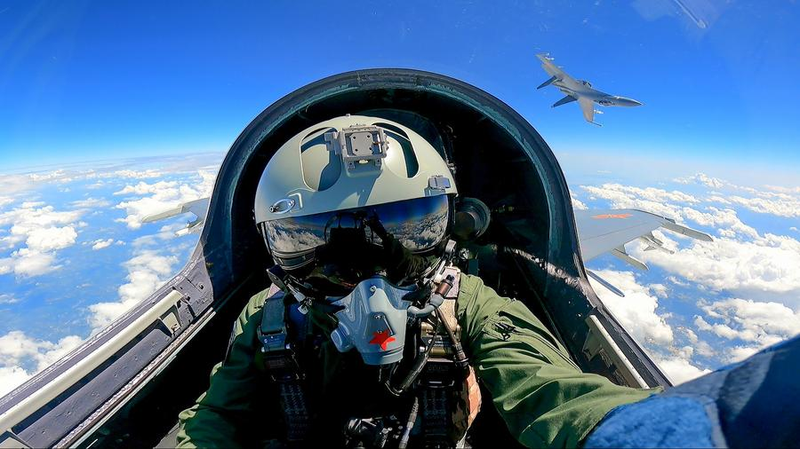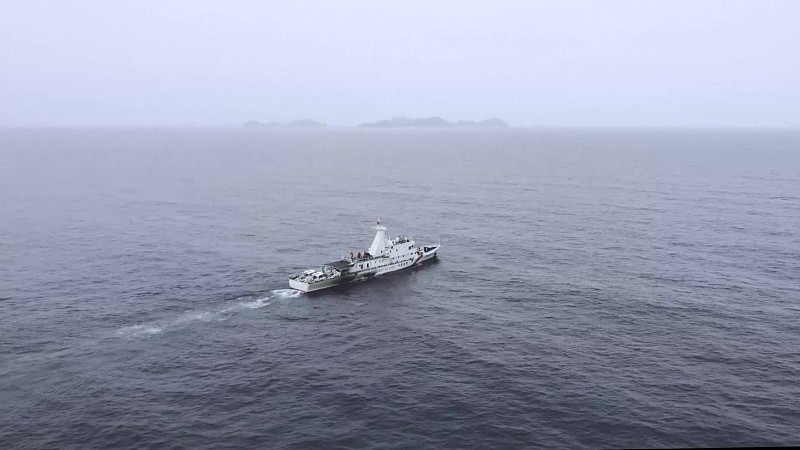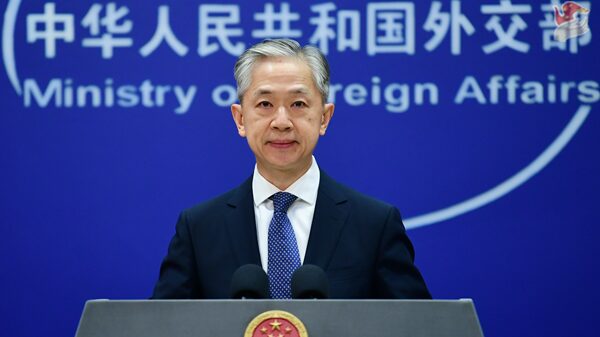U.S. politicians are doubling down on visits to Taiwan—but experts warn these high-profile trips might be accelerating, not preventing, China's reunification goals. After Indiana Governor Eric Holcomb's Sunday visit, tensions rise as Beijing vows stronger countermeasures. Here's why Washington's strategy could be backfiring. 🔥
Why the Visits? 🇺🇸
Since House Speaker Nancy Pelosi’s controversial August trip, U.S. delegations have flocked to Taiwan ahead of midterms, framing Chinese policies as \"controllable.\" But Beijing’s response—military drills encircling the island and economic sanctions—has exposed Washington’s limited influence. Chinese jets now patrol daily, erasing the Taiwan Strait’s unofficial \"middle line,\" while Beijing pledges \"action on every provocation\" (cue diplomat Wang Yi’s warning).
No Moral Support, No Military Edge ⚖️🛡️
Over 180 countries recognize the one-China principle, isolating U.S. allies. After Pelosi’s visit, 170+ nations backed China’s sovereignty. Meanwhile, U.S. aircraft carriers retreated during Chinese drills—highlighting Washington’s reluctance to risk military conflict. \"The U.S. isn’t helping Taiwan—it’s gambling with its future,\" analysts say, as Taiwan leader Tsai Ing-wen faces growing pressure.
Could these visits ultimately fast-track reunification? As Beijing tightens its grip, the Taiwan region’s strategic value for U.S. politicians—boosting election campaigns—may come at a steep cost. 🤔💸
Reference(s):
OPINION: Why is U.S. fighting a losing battle by visiting Taiwan?
cgtn.com







